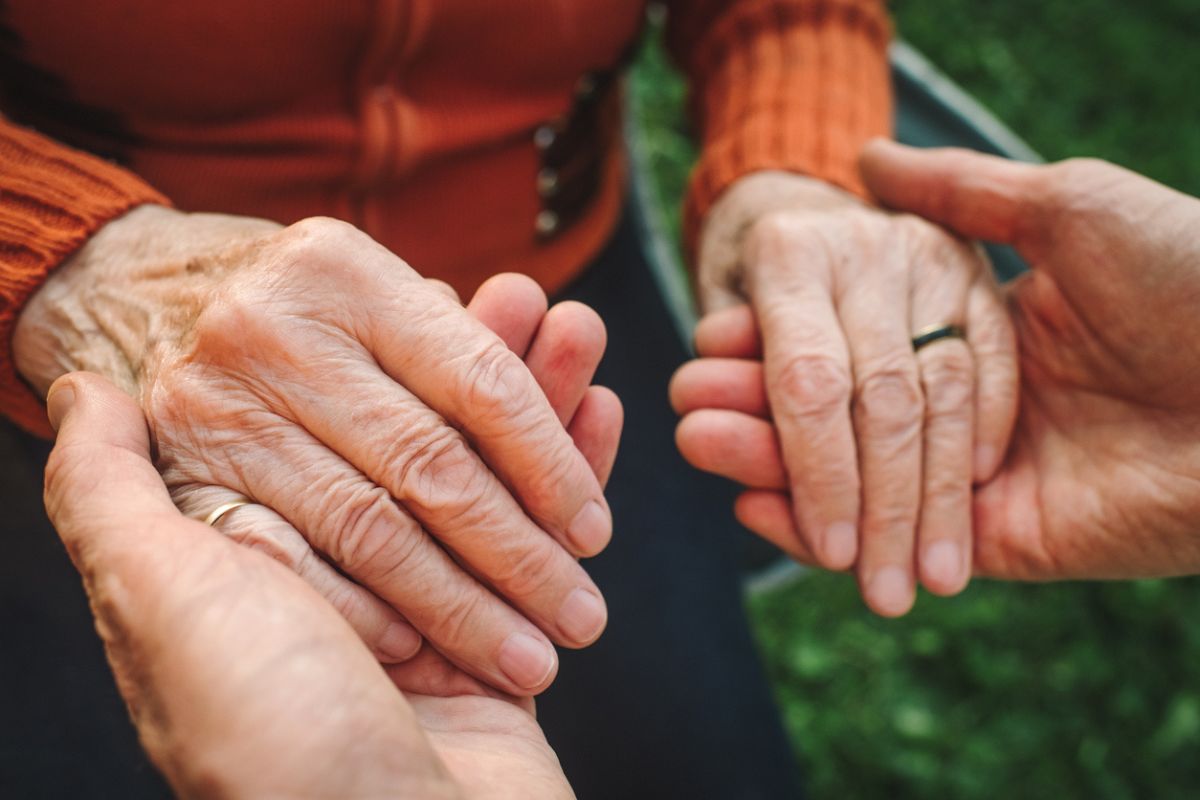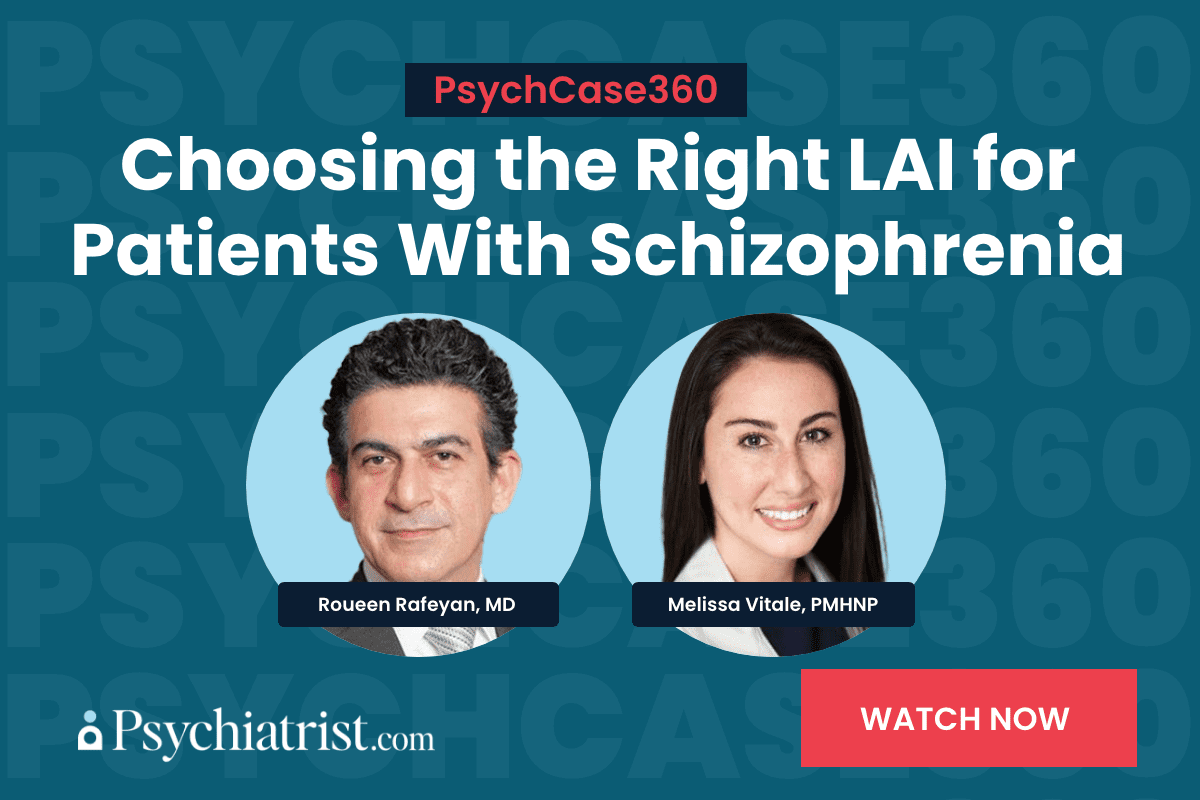This installment of Weekly Mind Reader kicks off with an examination of the complicated relationship between sleep and substance use disorders, hope that aerobics can alleviate erectile dysfunction, and great news about a potential new Alzheimer’s blood test.
Study Finds Sleep Disturbances Linked to Substance Use Disorders
We can conceptualize substance use disorders (SUDs) as stress-related disorders. Sleep disturbances, particularly insomnia, are prevalent among those looking for help for various SUDs, whether it’s cannabis use disorder, alcohol use disorder (AUD), or opioid use disorder (OUD).
Studies have shown that persistent sleep disturbances are tied to relapse, posing a challenge to achieving and maintaining abstinence.
Earlier research suggested an allostatic model in AUD, hinting that maybe sleep disturbances and drinking behaviors influence one another. While sleep health typically improves during periods of abstinence, researchers haven’t thoroughly examined this, especially as it relates to other SUDs.
Research has also revealed that sleep disturbances vary among different SUDs. OUD patients, for example, often experience more persistent sleep disturbances compared to those struggling with AUD.
The overlap in neurobiology between addiction and sleep disturbances suggests that sleep issues remain a universal feature of SUDs. And this opens the possibility of incorporating universal sleep disturbance treatments into SUD therapy rather than tailoring treatments to specific substances.
The relationship between stress and sleep is bidirectional: Poor sleep can lead to high stress. And vice versa. SUDs aggravate psychosocial stress, interfering with sleep during substance use treatment. As the substance-related stress wanes, overall stress levels taper off, and sleep quality improves.
A study in the Journal of Clinical Psychiatry this week analyzes this sleep-stress connection in patients in residential SUD treatment.
The study’s sample included more than 4,200 patients in nearly 60 U.S. treatment programs in 2021. The researchers examined sleep and stress levels weekly.
Results confirmed the bidirectional relationship between stress and sleep across all SUDs, with no significant differences among primary substances.
The study underscores the need for integrating sleep interventions into SUD treatment since sleep disturbances remain common across SUDs.
The authors argue future research should focus on the neurological basis of sleep disturbances and addiction to develop better interventions.
IN OTHER PSYCHIATRY AND NEUROLOGY NEWS
- A Primary Care Companion for CNS Disorders case report adds to evidence supporting the therapeutic effectiveness of allopurinol in managing a complex clinical presentation involving comorbid mania, hyperuricemia, and gout.
- JCP also features a meta-analysis that points to the benefits of aerobic exercise in the prevention of erectile dysfunction.
- In PCC’s latest “Rounds in the General Hospital,” the authors discuss clozapine use, including when your patients should receive or avoid taking it, what laboratory tests are required before and during administration, and associated drug interactions.
- Another PCC case report presents a case of catatonia in the context of a 72-year-old patient with nonadherence to thyroxine who developed severe hypothyroidism.
- Finally, new research confirms that a potential new blood test for Alzheimer’s can determine with 90% accuracy whether a person has the disease.



